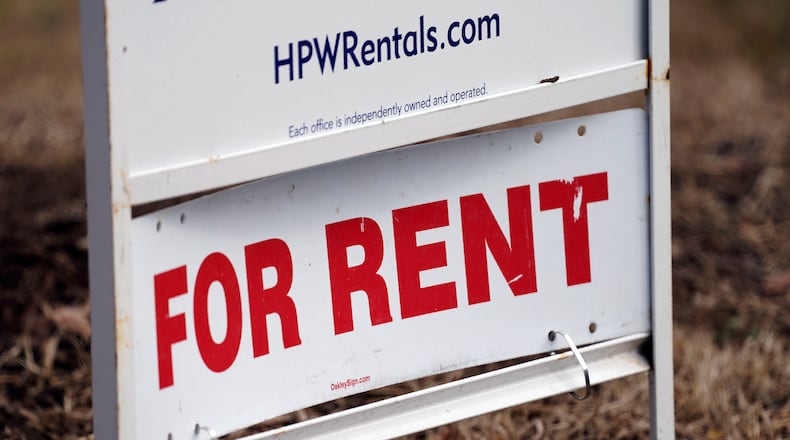The county was first awarded $11.4 million in emergency rent and utility assistance — known at ERAP — and $9.1 million in a second wave of allocations. Fehr said the Treasury wanted the county to expend 20% — or $1.8 million — of the $9 million tranche by March 31, but they were still drawing down the first pot of money.
The commissioners were allocated the second round of funding in June 2021 but the commissioners chose not to tap it until the end of January because they wanted they wanted to gauge the need first.
Had the county accessed the funds earlier the deadline would not have been an issue because the need has been great. SELF Executive Director Jeffrey Diver told the Journal-News they have awarded $15 million to 2,436 needy households with the commissioners’ federal funds and $7.4 million to 2,217 families with other grant money they have received.
County Administrator Judi Boyko told the Journal-News the commissioners were being prudent by waiting to access the funds.
“As stewards of taxpayers’ money, the board of commissioners wanted to ensure it was being fiscally responsible so it monitored the balance of the first ERAP allotment and requested the second allotment when the board knew it would be needed,” she said. “The amount of funding allocated, the volume of applicants, the compliance and federal reporting mazes SELF has to navigate to release the funds to eligible families has been an enormous feat.”
The Treasury sent the entire $11.4 million allocation in January 2021 and the deadline to spend it was Sept. 30. They only sent 40% or $3.6 million of the second allocation, Susan Ellerhorst, the county’s community development administrator had been calling Treasury weekly since the beginning of August looking for the second installment. The final deadline is Sept. 30, 2025.
Commissioner Cindy Carpenter told the Journal-News she disagreed with the decision to hold off on accessing the funds.
“I can’t explain why we held up asking for those funds because I really believe they are necessary and it’s a great benefit,” she said. “Following the pandemic people at the lowest tier of income or in poverty are the ones who were hurt the worst and we are just seeing a larger number of homeless, a larger number of people at risk of being homeless in people who have never really been homeless before.”
Unspent money is being reallocated and Boyko said, “Butler County still has the opportunity to access the excess funds at a later date. I’m optimistic the county will be successful in accessing the remaining $1.4 million.”
Diver said he is also expecting to get another $1.6 million more from the state.
There are restrictions on the money, such as that recipients must be able to demonstrate their inability to pay their rent is due to COVID-19. Eligible renters must make below 80% of the area median income, or about $45,000 for a family of two.
Because of the brief hiatus when new applications were not being processed Diver said they do not have any outstanding funding requests.
“There’s no backlog because we had to layoff four of our emergency services staff and reassign other staff because because the funding wasn’t available” Diver said. “So we’ll have to ramp back up once this money becomes available to us. Which is disappointing but that’s the way of the world.”
In response to the coronavirus pandemic, federal lawmakers approved the two emergency rental assistance programs, the first bucket of up to $25 billion was established under the Consolidated Appropriations Act of 2021, which was enacted in December 2020. Another $21.5 billion was approved under the American Rescue Plan Act which was enacted in March 2021.
Commissioner Don Dixon said with all of the due diligence involved in awarding the money he is pleased with the program.
“I’m satisfied, everybody has worked hard and followed all the rules and regulations, we’ve got $15 million out in a year and a half, that’s a bunch of money to make sure it goes in the right place,” Dixon said. “There’s more millions available, so it’s not like we’re not having an impact.”
Diver said the federal government still owes the county about $5.4 million. The county’s Development Director David Fehr said they received the entire $11.4 million at once in the first round, but the U.S. Treasury only released 40% — $3.6 million — of the second funding batch. His office has been calling Washington D.C. weekly since the beginning of August trying to find out when the rest of the money will arrive.
About the Author

